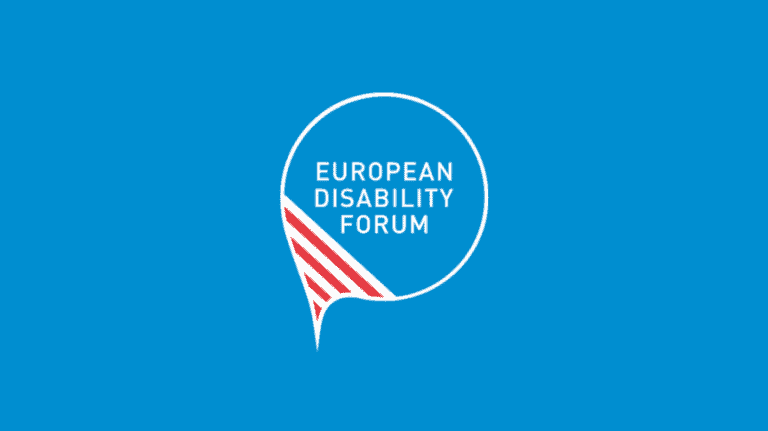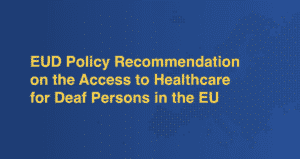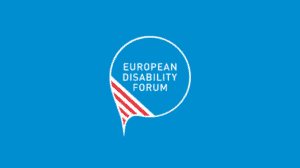On the 29th of October, EUD followed an online workshop titled ‘Rolling out accessibility’. The workshop was organised by the European Disability Forum, together with Facebook and Microsoft, with the aim to present a range of popular online tools and services and explain their level of accessibility for persons with disabilities.
The COVID-19 pandemic has inevitably boosted the use of technology. Since the outbreak of the pandemic in early 2020, online tools and technology-based services played a growing role in the lives of persons with disabilities. Deaf persons were by no means the exception, as many have increasingly used online platforms for communication.
María López Carracelas, from Facebook, explained that while there are increasing efforts to improve Facebook’s accessibility, she recognises that accessibility is complex, and a one-size-fits-all solution cannot be applied. She particularly mentioned that Facebook has done efforts to increase accessibility for deaf and hard of hearing persons, and as a part of this, Facebook has introduced live captioning. López also explained that Facebook is investing in training for software developers, so they understand the importance of accessibility. Hector Minto, from Microsoft, explained that they have also implemented different initiatives to increase the accessibility of their platforms. As part of this, Microsoft has included American Sign Language in all of their events. He also mentioned that as a result of the COVID-19 pandemic, there has been an unprecedented increase in the use of accessibility tools within Microsoft Teams, including an important increase in the use of captioning.
Gion Linder, from the European Broadcasters Union, gave an overview of the findings of an EU-wide survey from 2019 on access to services. He explained the legal requirements for subtitles in the EU. In the majority of EU countries, all broadcasters are legally obliged to provide subtitles, which another group of countries where this legal obligation only applies to public broadcasters. Additionally, he explained that there is a third group of countries without a national regulation to provide subtitles. On broadcast content accessible in national sign languages, on the other hand, Mr. Linder explained that only 7% of the content is signed.
Following this webinar, EUD will continue to work with its members and partners to ensure that deaf persons have a full access to information, communication and knowledge in national sign languages, especially relevant information from public and private broadcasters. Technological developments benefit us all, but it is important to ensure that these developments include the diversity of all disability groups so that technology can reach everyone in our societies.
EUD would like to thank EDF for organising the webinar.
Access more information about the webinar täällä.













